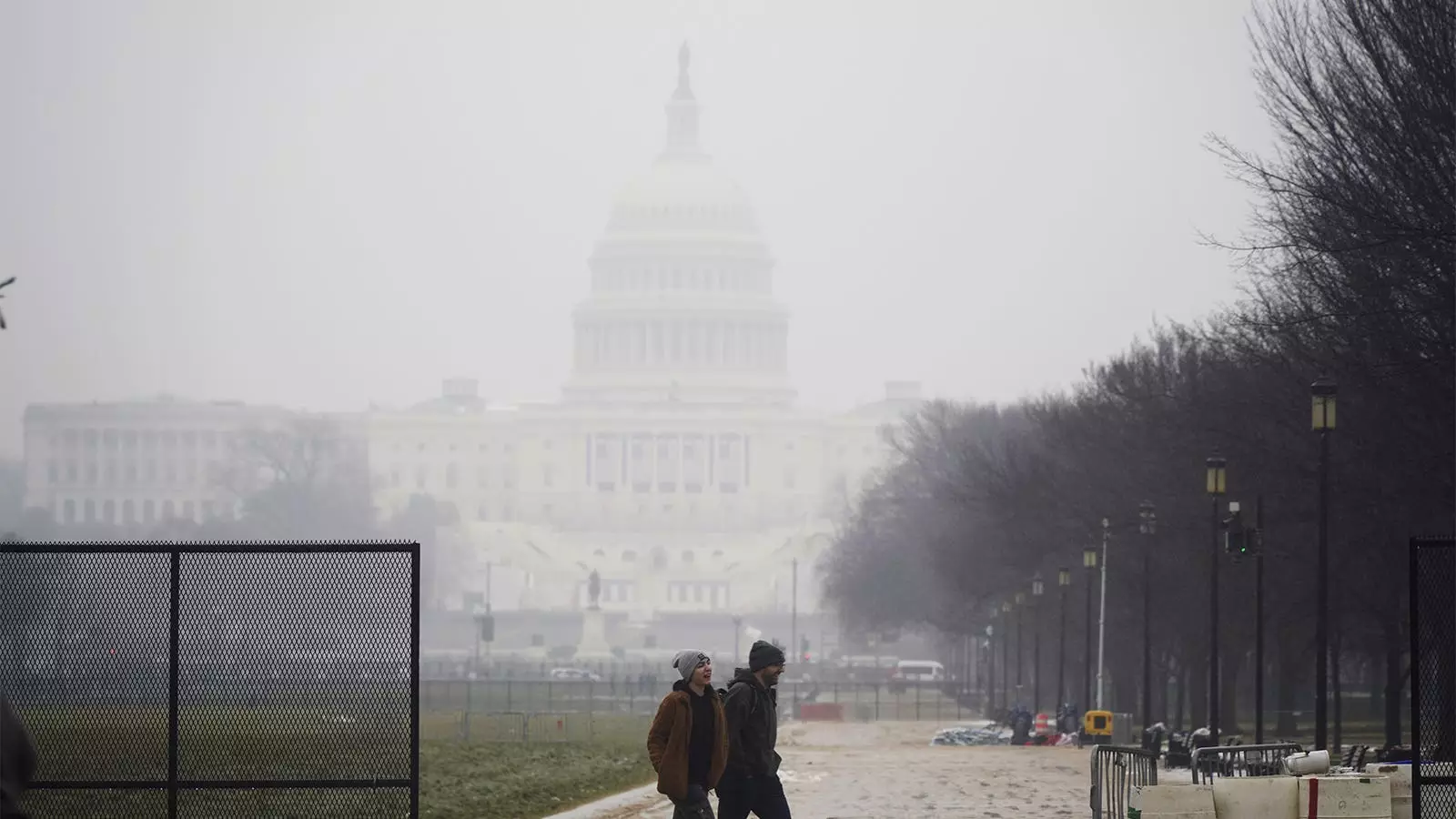The inauguration day actions of President Trump on a significant Monday in January raised concerns and questions about the future of U.S. health diplomacy. Acting swiftly after taking the oath, Trump initiated a series of executive orders that reversed key policies of the previous administration, demonstrating his administration’s intentions for a distinct foreign policy approach regarding global health organizations.
Among the startled responses to the inauguration was Trump’s executive order that announced the withdrawal from the World Health Organization (WHO). This decision, reflecting a recurring theme during Trump’s political career, articulated a fierce critique of international bodies perceived as ineffective or overly influenced by foreign governments, particularly during crises such as the COVID-19 pandemic. Trump characterized the WHO as having mishandled the pandemic response and failing to implement necessary reforms to protect the U.S. and its interests, stating that the United States was bearing an unfair financial burden compared to other nations.
The very foundation of his arguments can be traced back to a tense geopolitical framework where international cooperation often brushes against national interests. Trump’s charge against the organization included claims regarding its responses to public health crises originating from Wuhan, China, insinuating that the WHO was complicit in ineffectiveness due to alleged preference for certain nations over others, particularly China.
The decision to sever ties with WHO was met with fierce criticism from public health experts and organizations advocating for global health initiatives. Dr. Tom Frieden, former CDC director, expressed deep concern that withdrawal would jeopardize the health and safety of Americans and people globally. His remarks highlighted a unique paradox in public health diplomacy: abandoning existing institutions undermines collective effort in a domain where coordination and resource sharing are paramount.
Critics pointed out the potential consequences of isolationist health policies, emphasizing that a lack of American engagement would weaken the overall global health infrastructure capable of responding to pandemics. Evidence from past public health challenges shows that collaboration and shared knowledge among nations can lead to more effective responses, especially during sudden outbreaks.
The straightforward assertion made by Frieden—that true reform requires collaboration rather than withdrawal—calls into question not simply Trump’s approach but also the broader implications of nationalistic rhetoric in health governance.
In addition to the WHO withdrawal, Trump’s inaugural actions included efforts to revoke other Biden-era directives. These included significant policies such as those aimed at protecting LGBTQ+ rights in health care and ensuring worker safety during the pandemic. Such aggressive rollbacks encapsulated a broader ideological shift, with policies now framing public health concerns as secondary to perceived economic and national advantages. The long-term effects of these decisions are incalculable, revealing a shift away from social equity in health care delivery, potentially disproportionately impacting marginalized groups.
Amidst pandemic challenges, another contentious issue was raised: Trump’s withdrawal from the Paris Agreement on climate change. This move indicated his administration’s priority to place American economic interests above global environmental cooperation, suggesting that long-term health outcomes impacted by climate change were to be considered a lower priority in policy formulation.
The swift actions taken by President Trump underscored his commitment to transform the U.S. role in international health policy. His administration’s rationale for these orders, claiming they were fulfilling campaign promises aimed at prioritizing American interests, ignited a significant debate over the definitions of national interest versus global responsibility.
Detractors argue that effective pandemic response and health crises require cooperative frameworks more than unilateral decisions. The notion that the U.S. can effectively navigate complex global health issues in isolation contradicts decades of public health experience stressing shared strategies and unity among nations.
Furthermore, Trump’s unique approach to rescind recent Biden orders established a contentious atmosphere where future administrations may find themselves engulfed in back-and-forth policy shifts, complicating long-term strategic planning for U.S. health interventions.
As the implications of Trump’s early directives unfold, they will likely set a defining tone for U.S. global health relations and the domestic health policy landscape. The rhetoric of “America First” in health considerations raises critical questions about long-term strategies for dealing with infectious diseases, chronic health issues, and emergent global health threats. As public health advocates and politicians regroup in response to these policy shifts, the conversation about the role of the U.S. in global health governance will remain crucial in shaping responses to future crises.
The divisive nature of these decisions reaffirms that health is not merely a national issue; it is inherently interlinked with larger global dynamics. As we move forward, a balanced approach that weighs both national interests and our collective global responsibilities is essential for ensuring a healthier future for all.



Leave a Reply